You Call it Bipolar-I Call it MSD
Sleep
Somewhere along the line, sleep and I fell out of synch. It happened so long ago, as to defy recollection. It simply never mattered. What’s a little sleep here and there among friends? For so much of my life, I have suffered from the type of insomnia which surfaces three or four hours into a normal night’s sleep, and that’s it. I’m done.
For so many years I fought insomnia, the way everyone does who encounters it. I stayed with it, determined to get my seven hours or more. It didn’t seem to matter that I wasted a hell of a lot of time trying to sleep, when there was no sleep to be had. Now, when I lie down during the day, to get either my morning nap, or my afternoon nap, and I can’t sleep. I know I am in hypomanic mode again. I just never knew it in the past.
Sleep is the culprit, who tried to slip through the night, and avoid me to the point where I got caught up in the whole thing, and it backfired. Sleep is the single component in my frame of existence, which serves as the first domino to go down, and start the flood. If I maintain sufficient sleep patterns, I avoid the pitfalls of mood spectrum disorder. If I do not get enough sleep, then I run the risk of setting all of the other factors into motion, which create the stage that is necessary for a nice hypomanic run.
So I pay close attention to sleep. As one who retires each night around eight o’clock, I would like to say I sleep straight through to four or five the next morning. I slept seven hours a while back, after a tumultuous emotional experience, and taking a Lorazepam, which is an anti-anxiety drug. Other than that, however, five is usually the most I get at one shot. My custom has been to arise at that point, possibly make the coffee, check in briefly with my computer, and then see about a second run at sleep. I used to go ahead and have my coffee at this point, because I did not see sleep coming back into the picture, but now I hold off.
Otherwise, I arise and do a piece of writing, post an email or two, check out sfgiants.com in the event that we won, and spend some time on FaceBook. Here is where the insomniacs come out of the woodwork. I see the same people making the same rhetorical comments on F/B night after night, and they see me. Before I was diagnosed, I routinely arose at midnight, or shortly thereafter, and that was that. I made no effort to return to sleep, because I figured it was a waste of time.
When I began writing, it merely replaced reading as a means of diverting myself. I certainly never watched films upon arising, because electricity is an issue at night, and because I simply did not do television much. Just the Giants games, and the occasional film sufficed to keep my TV cravings at bay. Now I keep the big picture dialed in at all times. I try to make sure I get at least six hours of sleep between eight at night, and six the next morning. Then a nap, or even two during the day, gets me close to or past seven hours.
I won’t even go into the details of exercise and diet, as they relate to MSD, because of the magnitude that sleep possesses. It is the proverbial deal-breaker. If only I had known then, what I know now. So many driven people pay scant heed to sleep, because they can manage without it. Are these people sufferers from bipolar II? I do not know; I only know that when I went five consecutive days of five or fewer hours max, per diem, Annie was gearing up for another visit from the enemy.
It didn’t happen because I was tracking my sleep, and it was the only component present, which pointed to hypomania. Score one for me. And that’s what MSD is all about: keeping score, so that we can keep track of the tiniest of details. By itself, each component does not carry that much weight; combine two or more, and the odds increase that I will be in for rough waters.
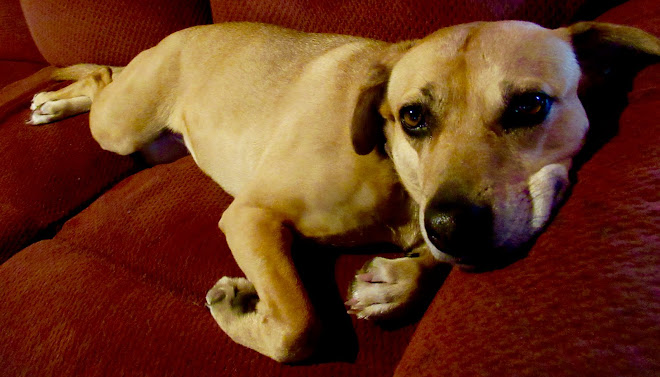

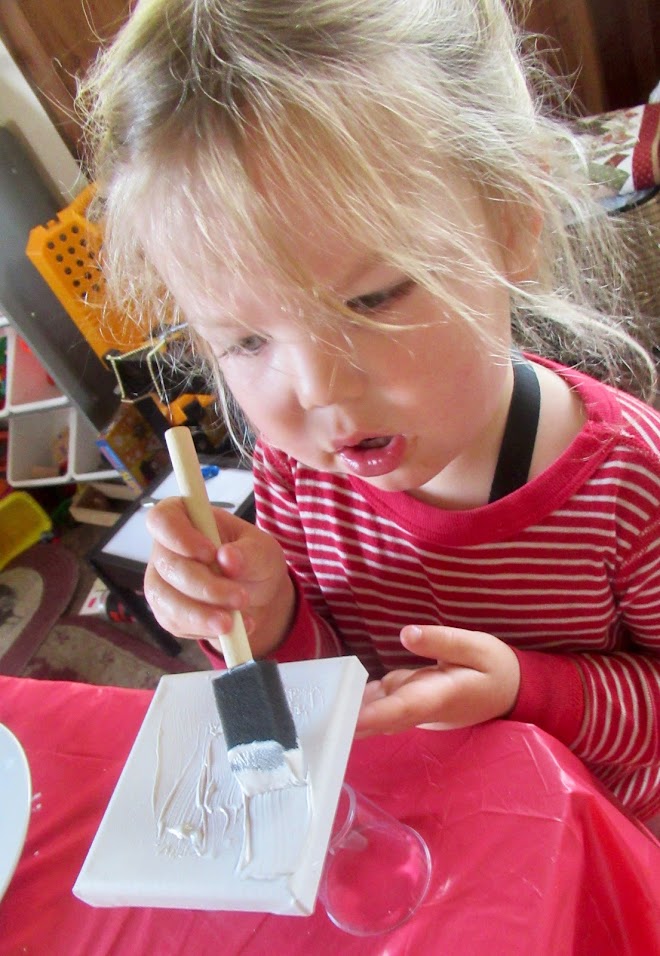
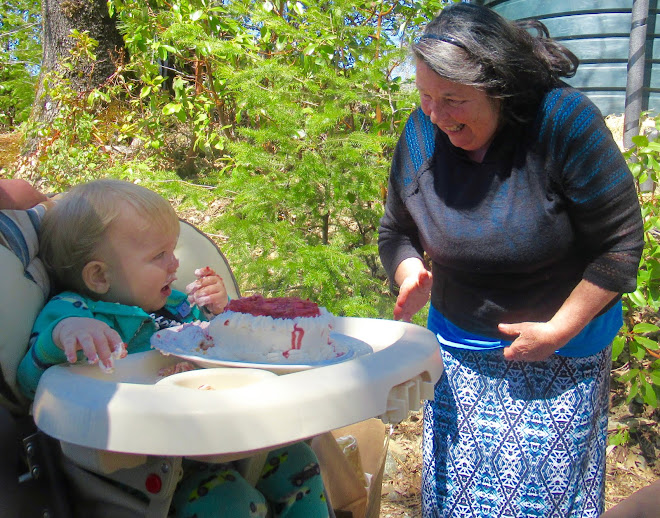

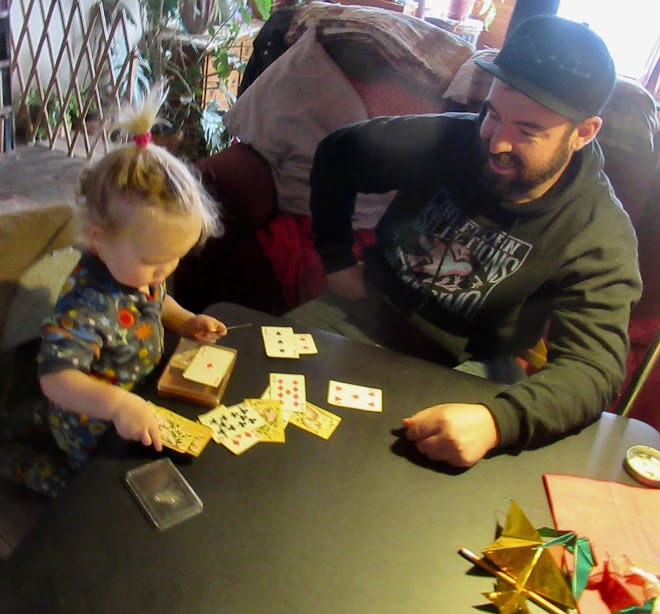
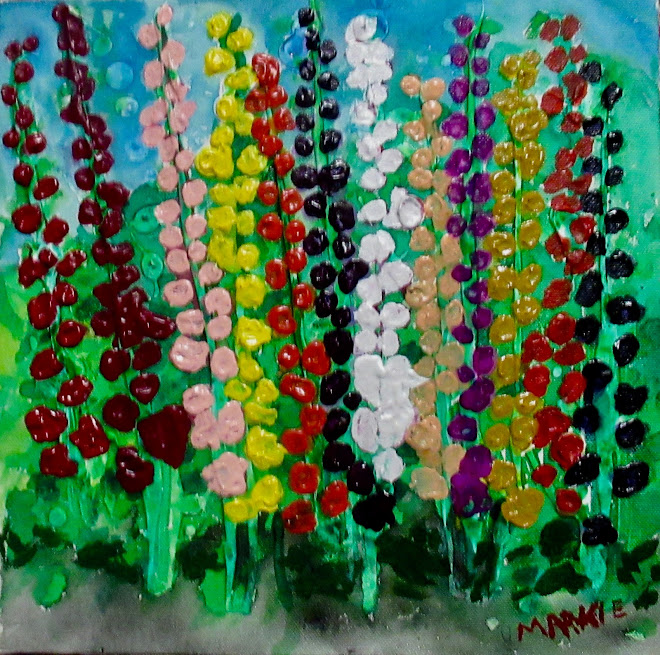
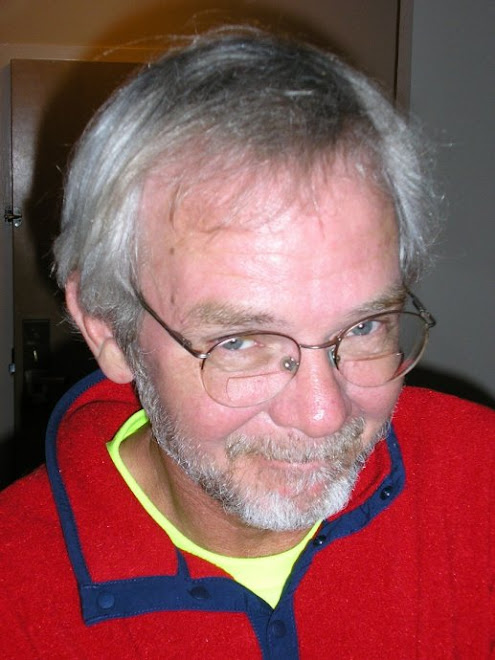










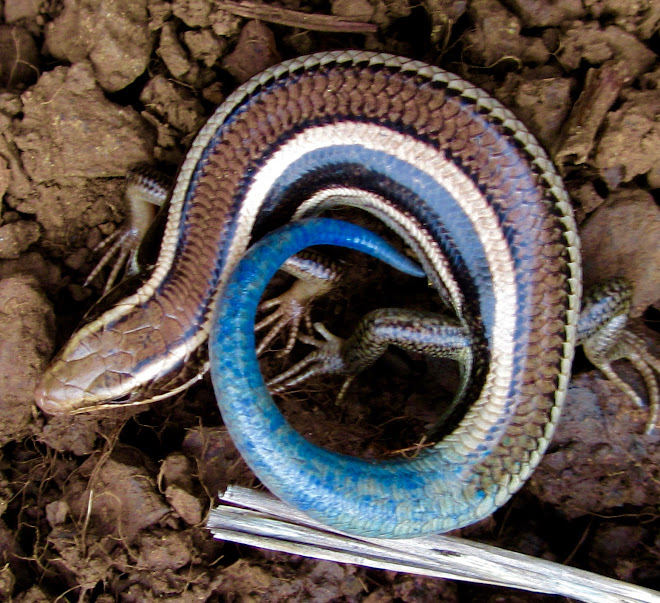


Ah, sleep. I generally have very little problem falling and staying asleep. The problem is that there are too many other things I want to do and sleep robs me of the time to do them. I am almost always asleep by 9:30 - weekends and weekdays - but I am almost always up by 4:30 - weekends and weekdays.I LOVE the early morning hours - I love the solitude and the stillness. I usually read/write for an hour or so and then exercise of one kind or another for an hour or so and that puts me at the time when the rest of the world seems to think it is okay to be getting up. I love the afternoon nap and have no problem falling asleep after work or mid day on the weekend. I can make that nap fit my time frame - wether it is 20 minutes or 2 hours - and I always wake up from naps refreshed and cheerful - sleep is a good thing - if it plays the game MY way.
ReplyDeleteYou are so aware of all that now - - I'm sure the awareness of the sleep issue makes it easier to do what you have to do to control the MSD.
ReplyDeleteAnd just do what Frank Sinatra said - "I did it my way"! That should be your new mantra!
Wait, Judy, I haven't cashed my nickel in on the slot machine yet!
ReplyDeleteAnd JT, thank heavens you now understand and value what a nap brings to you. [Even if you did not get anything done while sleeping.]